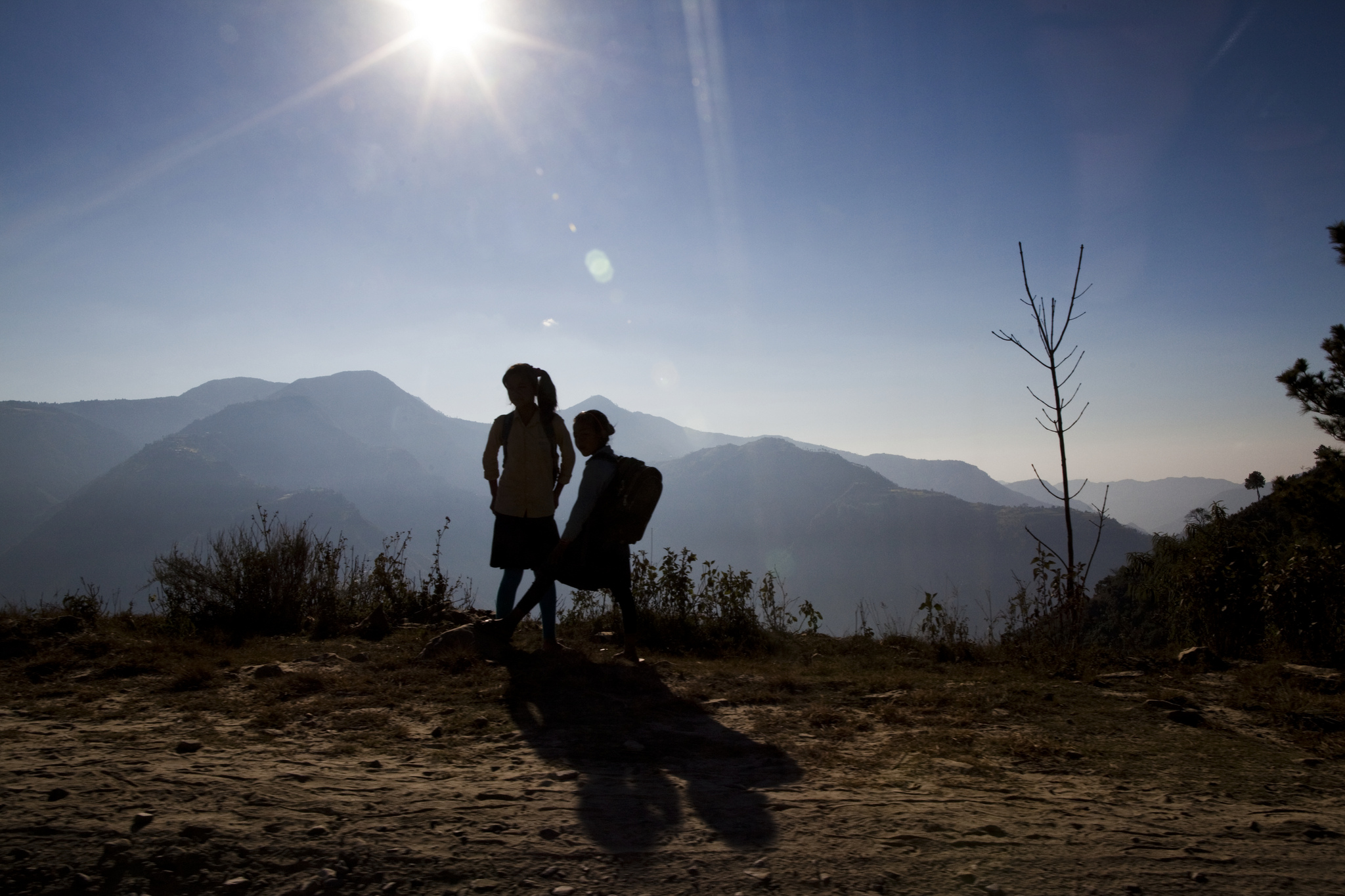Featured on the Huffington Post. Authored by Nick Grono, CEO, The Freedom Fund and Anna de Courcy Wheeler, Senior Program Officer, The Freedom Fund.
As the world’s conscience becomes increasingly numb to the horrors of the Syria war and other conflicts around the world, acts of slavery and extreme exploitation still have the ability to shock. The brutal sexual enslavement and abuse of Yazidi women and girls by Islamic State appalled even jaded UN Security Council ambassadors when they heard first-hand testimony of the unimaginable horrors she endured from the courageous Yazidi survivor, Nadia Taha. Likewise, the abduction and forced marriage – and hence rape – of hundreds of Nigerian school girls by the rebel group, Boko Haram, generated worldwide outrage, matched only by the sense of helplessness at the international community’s inability to free the girls and hold the perpetrators to account.
These examples, while at the extreme end of the spectrum, are by no means isolated. The tragic reality is that violent conflict greatly increases the vulnerability of civilian populations to human trafficking and slavery. Refugees and other migrants displaced by conflict are particularly vulnerable to this extreme form of exploitation. A recent survey by the UN’s International Organisation for Migration found that over 70% of migrants travelling through North Africa to Europe have been victims of exploitation, forced labour, and trafficking.
As the international community struggles to respond to increasing levels of conflict and the consequent, unprecedented, scale of human flight, it is imperative that the United Nations, its Member States and all stakeholders work together to ensure that the world’s most vulnerable are protected from trafficking in and beyond conflict.
While the anti-slavery movement has begun to make significant progress in recent years, the response is yet nowhere near equal to the challenge. But the focus of UN and world leaders on modern slavery does provide a foundation to build upon. In July 2016, UK Prime Minister Theresa May said eliminating modern slavery is “the great human rights issue of our time.” Leaders from U.S. President Barack Obama to Pope Francis have stressed the moral imperative to combat human trafficking and end slavery. And in December 2015, the United Nations held its first thematic debate on human trafficking, with a call for the UN Secretary-General to address and prevent trafficking in conflict.
The inclusion of modern slavery and human trafficking at the highest levels of the international agenda is a welcome development, as is the surge of activity among UN agencies and Member States to tackle these crimes. However, despite growing awareness of modern slavery, the UN’s response has been fragmented and uncoordinated. There is a real danger that the anti-slavery momentum built over the past year will be squandered without high level UN-leadership, much greater member state engagement, and focussed interagency cooperation.
It’s in this context that a new report by the Freedom Fund urges the UN system to work more effectively to help countries tackle slavery in conflict. When the UN Security Council meets in December to consider a progress report by the UN Secretary General on UN efforts to tackle slavery in conflict, it can show its genuine commitment to fighting slavery by ensuring the issue remains high on its agenda. It can best do this by passing a resolution which establishes an annual open thematic debate to explore the links between modern slavery, human trafficking, and threats to international peace and security. Such a resolution should also recognise the importance of humanitarian action in reducing the vulnerability of displaced people, and encourage the development of policy guidance on slavery and human trafficking for humanitarian first-responders. The UN itself should by the same measure commit to ensuring its procurement and supply chains do not contribute to human trafficking and modern slavery in conflict.
To ensure someone has the responsibility and authority to push for a more coordinated response, the UN should appoint a Special Coordinator on Modern Slavery tasked with providing coherent and strategic leadership to the UN’s anti-slavery efforts. Much closer collaboration should be encouraged between anti-slavery experts and humanitarian practitioners working in conflict zones to help close the gap between high level commitments in Western capitals and the reality on the ground for vulnerable people in crisis. Without more attention to frontline humanitarian action on slavery and trafficking, as well as significantly increased coordination and leadership within the UN and a broader approach to accountability and consequences, positive intentions will fail to translate into real change for the victims of modern slavery.
While it is too late to prevent the horrendous suffering visited on Nadia Taha and countless others who have found themselves the victims of enslavement and exploitation in times of crisis, there is much that can be done to stop these atrocities being repeated. But all parts of the UN system, its member states, and civil society will need to work together much more effectively if we are to see real progress. And it’s only with this kind of commitment and focus that the UN will be able to effectively tackle the enslavement of victims of conflict.
Photo credit: Katie Orlinksy




